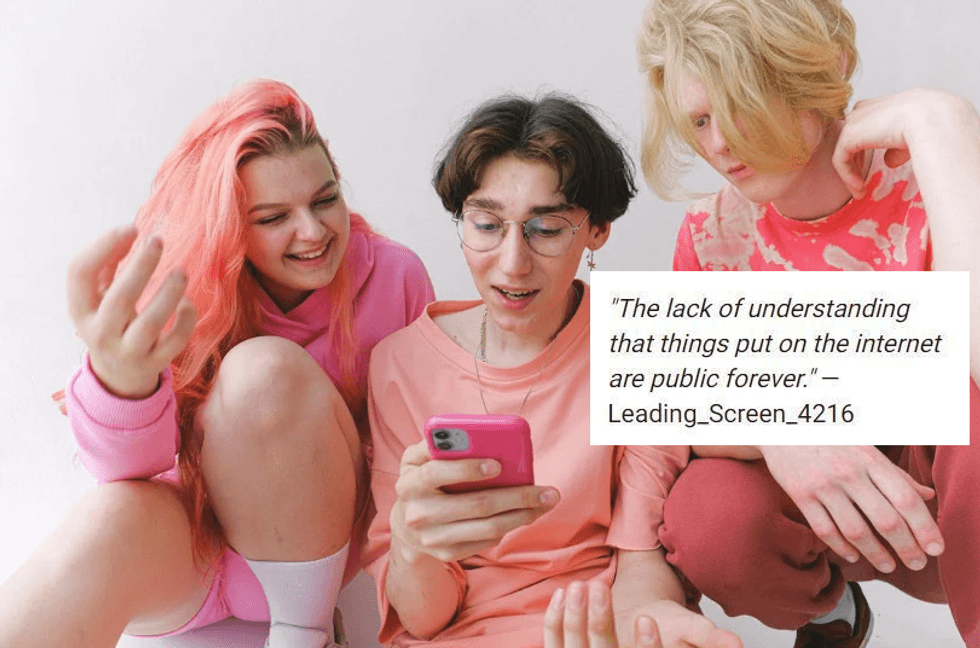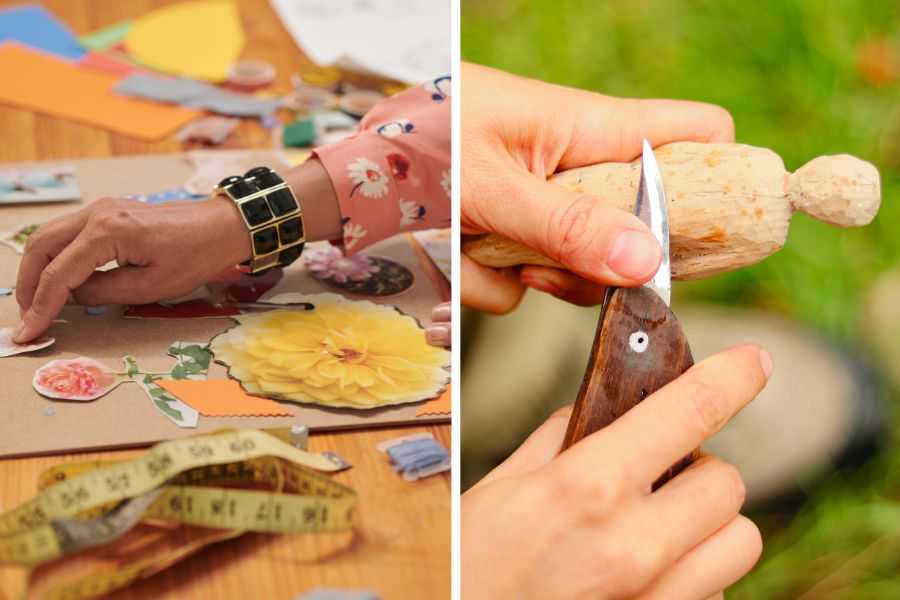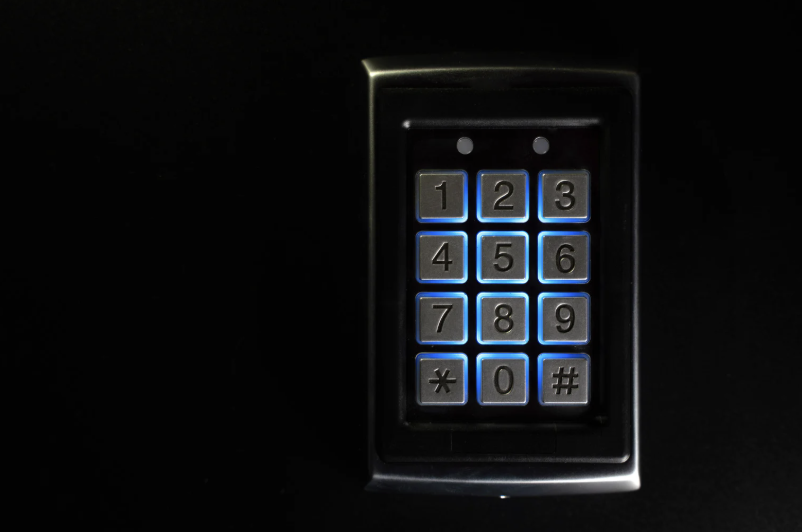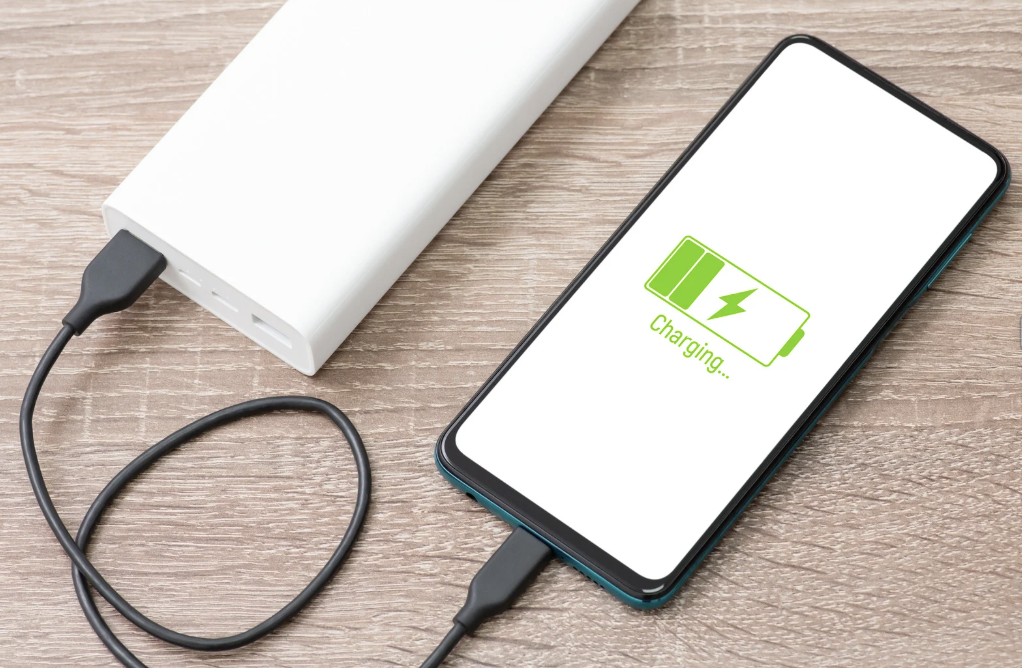Friendship is wonderful. In my four decades, I’ve had more than my fair share of close, supportive, ride-or-die friends who have helped shape me and carry me through it all. Friendship has played a huge role in my life, which is why the viral “7 friends theory” social media trend caught my eye.
It’s also why I’m calling b.s. on the whole idea.
The “7 friends theory” posits that there are seven friends you need in your life:
1. The friend you’ve had since you were little
2. The friend who makes you laugh in all situations
3. The friend you might not talk to for a long time, but nothing changes
4. The friend you can tell anything without judgment
5. The friend who feels like a sister (or brother)
6. The friend you can’t imagine not being your life
7. The friend you share all of your dating/relationship problems with.
The wording on this seven-item checklist changes slightly with different videos, but the gist is always the same. Here are a few examples that got millions of views on TikTok:
Seems nice, doesn’t it? With all the warm vibes and the feel-good music and the sweet friendship photos?
Sorry to burst anyone’s bubble here, but this trend isn’t as cute and harmless as it seems. Friendship? Yay. Seven specific kinds of friends? Boo.
First of all, this is based on nothing. There’s no research on friendship behind this “theory.” It’s just something someone made up. That alone doesn’t make it problematic, but let’s at least start by calling it what it is.
Secondly, if we’re going to ascribe a specific number to something, there should be a legitimate reason for doing so. Otherwise, it’s meaningless at best and creates anxiety at worst. What if you don’t have these exact seven kinds of friends? Are you missing something in life? Will you never have the soundtrack-backed warm glow of these bestie moments if you only have, say, four good friends? What if you have friends who don’t really fit any of these categories? Are those friendships less than?
Numbering something should be purposeful, and the number seven is totally arbitrary here. Great for getting people to click on a video, but not so great for actually analyzing friendships.
Speaking of analyzing, what exactly is the value in categorizing friendship in this way? Different friends fulfill different roles and meet different needs in our lives, so I’m not saying all friendships are the same, but that’s not the same as saying you need friends who fit specific categories.
And if we are going to create specific categories, there’s a whole lot that are missing here. Where’s the friend who organizes the meal train when you’re sick or grieving? The friend who checks in when you’ve gone quiet for a while? The friend who always tells you the truth even when you don’t want to hear it? The friend you want with you in the delivery room? The friend you can happily sit in total silence with?
There are just so many different ways that friendship can be experienced and expressed, why specify these seven? Again, it’s totally arbitrary, especially when most friends fit multiple categories anyway.
We already have enough idealistic standards being pushed on us by social media, and this feels like just one more. It’s especially problematic for young people, and they’re the ones who are making and responding to these videos. How many teens are now looking at their own friendships and feeling bad that they don’t have seven close friends or that one or more of those categories remain unfulfilled for them?
Tip for the young folks: Don’t let this kind of thing seep into your psyche. Not even a little bit.
One thing you learn with time and experience is that most friendships shift, morph and change, and that’s OK. Some friendships are strong for a few seasons and then life moves you in different directions. The love doesn’t leave, but the everyday closeness does. That’s OK. Some friendships go through peaks and valleys and some friendships disappear and reemerge over and over. That’s OK, too.
Some people find they only have and only need a tiny handful of friends. Some people collect friendships like baseball cards. It’s all OK. Friendship doesn’t have to look a specific way or fulfill some arbitrary criteria in order to have value to us.
The “7 friends theory” may make for some cute, clickable social media virality, but it’s more harmful than helpful when it comes to friendship. Be happy with the friends you have in the moment, don’t count or overanalyze them and definitely don’t let TikTok trends influence how you feel about yourself or the people you love.





























































